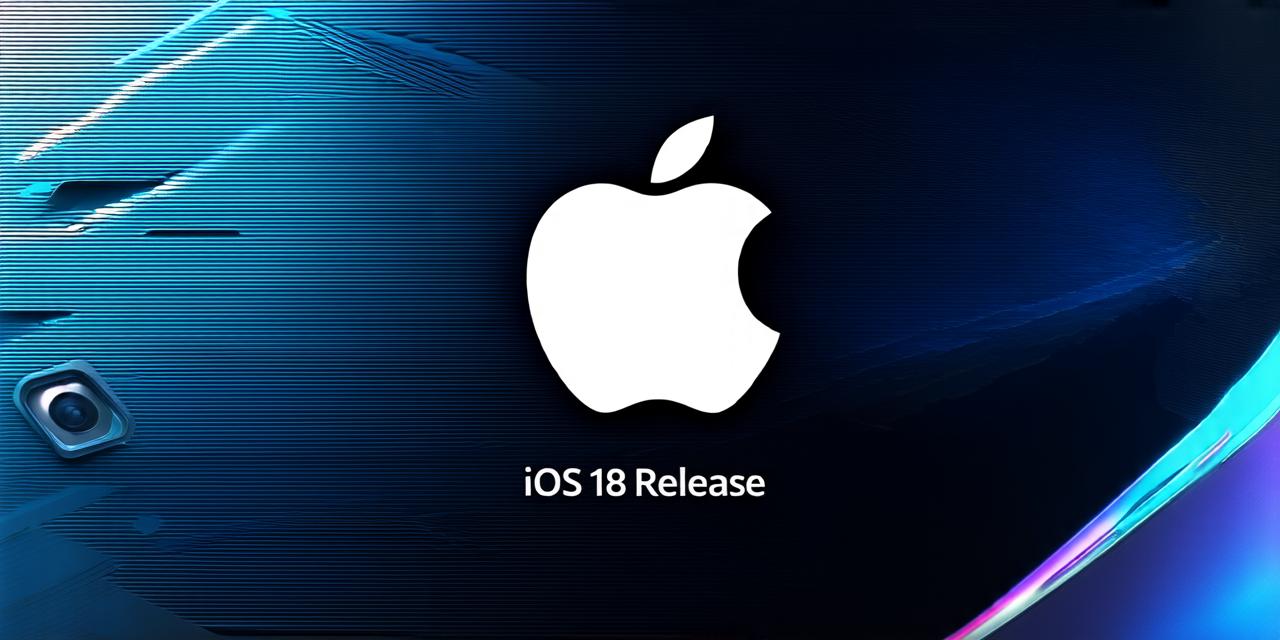
What’s New in iOS 18?
Before we dive into the release date of iOS 18, it’s important to understand what’s new in this latest version of Apple’s mobile operating system. Some of the key features of iOS 18 include:
- Improved privacy settings, including a new Privacy Report that allows users to see which apps are accessing their data and how often.
- Enhanced security features, such as improved password management and two-factor authentication.
- A redesigned Control Center with new widgets and customizable options.
- Enhanced Siri functionality, including the ability to schedule appointments and set reminders using voice commands.
- Improved battery life, thanks to a number of optimizations and updates to the operating system’s core components.
As you can see, these new features are designed to improve the user experience and provide greater control over their personal data and privacy settings. For iOS developers, it means that they will need to adapt their apps to take advantage of these new features and ensure that they are compatible with the latest version of the operating system.
When will iOS 18 be Released?
Now that we have a better understanding of what’s new in iOS 18, let’s turn our attention to when it will be released. Apple typically releases new versions of its mobile operating system in the fall, with the most recent release being iOS 16 in September 2021. However, it’s important to note that this is just a general trend and Apple has not yet announced a specific release date for iOS 18.
That said, based on industry rumors and leaks, it’s expected that iOS 18 will be released in the fall of 2022. This is largely due to the fact that Apple typically releases new versions of its operating systems in sync with major hardware updates, such as the iPhone 14, which is expected to launch in the fall of 2022.
What can iOS Developers Expect from iOS 18?
Now that we know when iOS 18 is expected to be released, let’s take a closer look at what iOS developers can expect from this new version of the operating system. Some of the key changes and updates that developers will need to consider include:
- Improved support for SwiftUI, Apple’s modern framework for building user interfaces. This means that developers will be able to create more sophisticated and dynamic user experiences with fewer lines of code.
- Enhanced support for augmented reality (AR) development, including new tools and APIs that make it easier to develop AR apps and experiences.
- Improved performance and stability, thanks to a number of optimizations and updates to the operating system’s core components.
- Greater integration with Apple’s other ecosystem products, such as the Apple Watch and AirPods. This means that developers will be able to create more seamless and integrated experiences across multiple devices.
In order to take advantage of these new features and updates, iOS developers will need to ensure that their apps are compatible with iOS 18. This may involve making changes to the app’s codebase or redesigning certain user interfaces to take advantage of new features such as SwiftUI.
